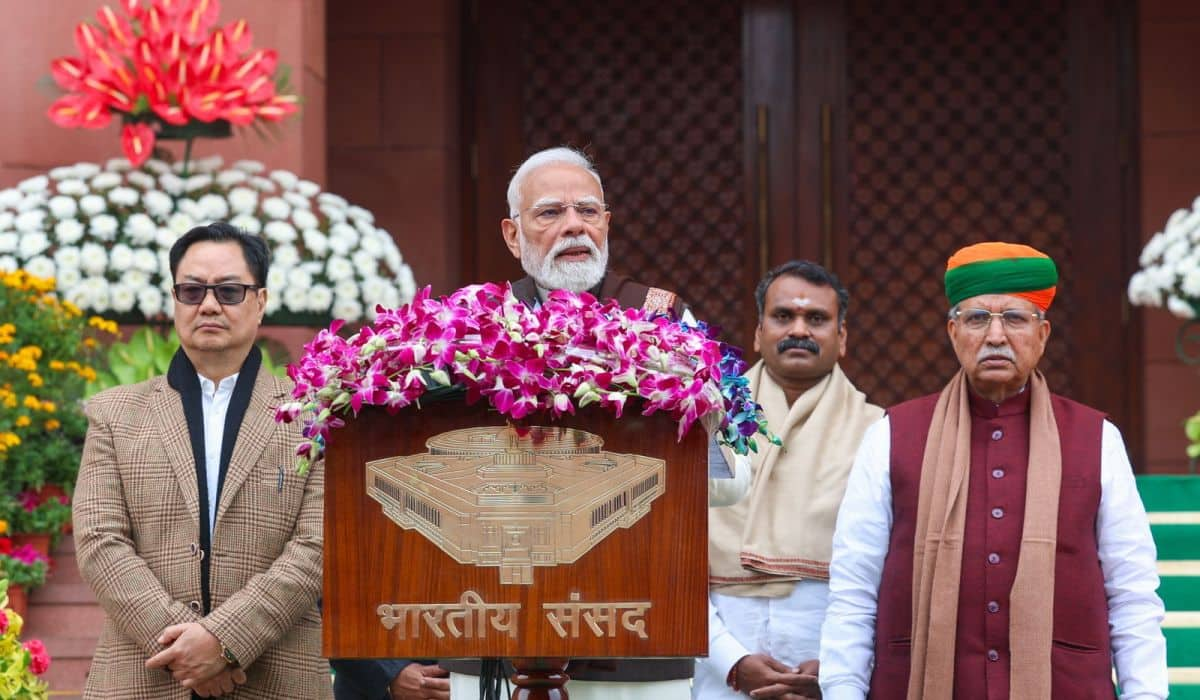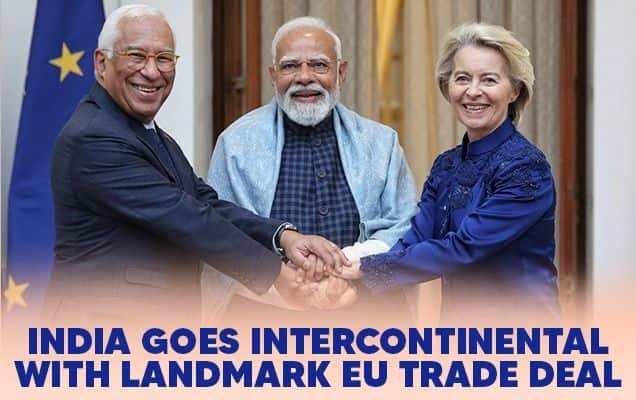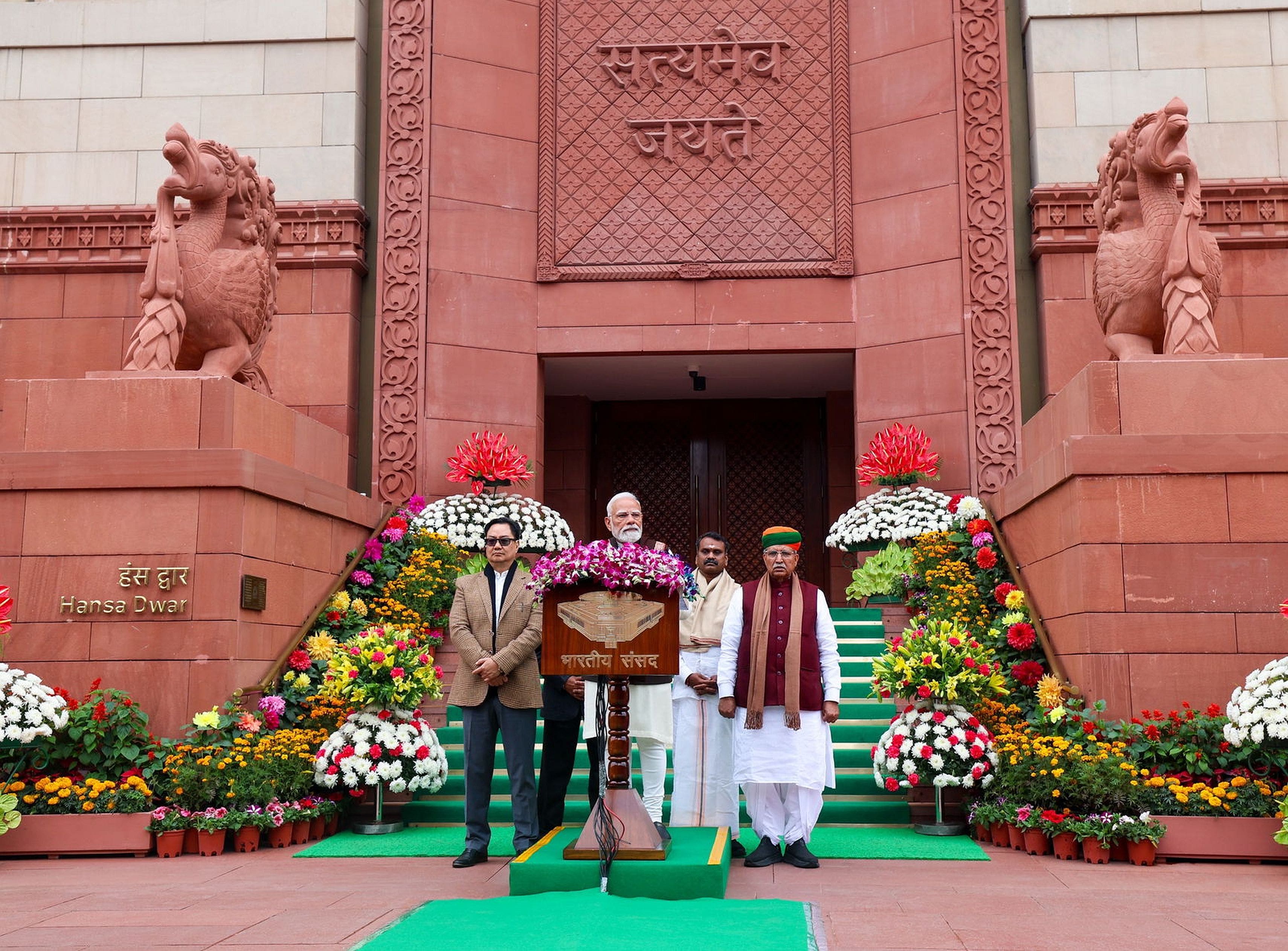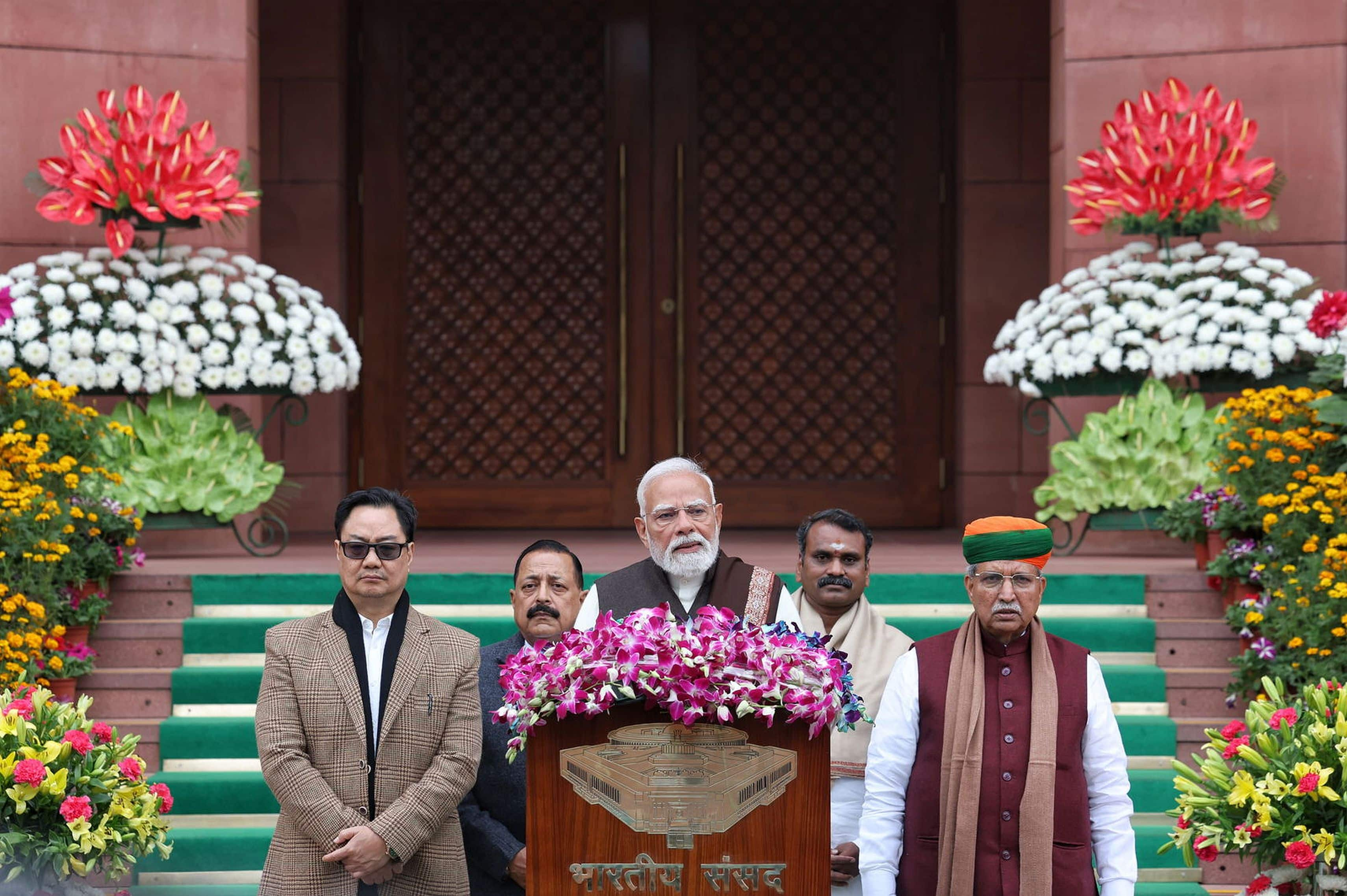Excellencies, Friends,
Namaskar! I extend a warm welcome to India to all of you. It is great to have you with us at the 6th edition of the International Conference on Disaster Resilient Infrastructure. Your participation will strengthen the global discourse and decisions on this important issue.
Friends,
In the last few years, the growth of the Coalition for Disaster Resilient Infrastructure has been impressive. We have come a long way since 2019, when CDRI was launched. It is now a global coalition of 39 countries and 7 organizations. This is a good sign for the future.
Friends,
As we all have witnessed, natural disasters are becoming more frequent and more severe. The damage they cause is usually reported in dollars. But their true impact on people, families and communities is beyond just numbers. Earthquakes destroy houses, making thousands of people homeless. Natural disasters can disrupt water and sewage systems, putting the health of people at risk. Some disasters can impact energy plants, leading to potentially dangerous situations. These things have a human impact.
Friends,
We must invest in resilient infrastructure today, for a better tomorrow. Resilience needs to be factored into new infrastructure creation. Further, it also needs to be a part of post-disaster rebuilding. After disasters, the immediate focus is naturally on relief and rehabilitation. After the initial response, our focus should also include resilience of infrastructure.
Friends,
Nature and disasters have no borders. In a highly interconnected world, disasters and disruptions cause widespread impact. The world can be resilient collectively, only when each country is resilient individually. Shared resilience is important because of the shared risks. CDRI and this conference help us come together for this collective mission.
Friends,
To achieve shared resilience, we must support the most vulnerable. For example, Small Island Developing States are at high risk of disasters. CDRI has a programme which is funding projects across 13 such places. Resilient housing in Dominica, Resilient transport networks in Papua New Guinea, and Enhanced early warning systems in the Dominican Republic and Fiji are some examples. It is heartening that CDRI also has a focus on the Global South.
Friends,
During India’s G20 Presidency, an important step was taken. A new Disaster Risk Reduction Working Group was formed with financing at the heart of the discussions. Along with the growth of CDRI, such steps will take the world to a resilient future. I am sure that the next two days will see fruitful deliberations at ICDRI. Thank You. Thank you very much!















